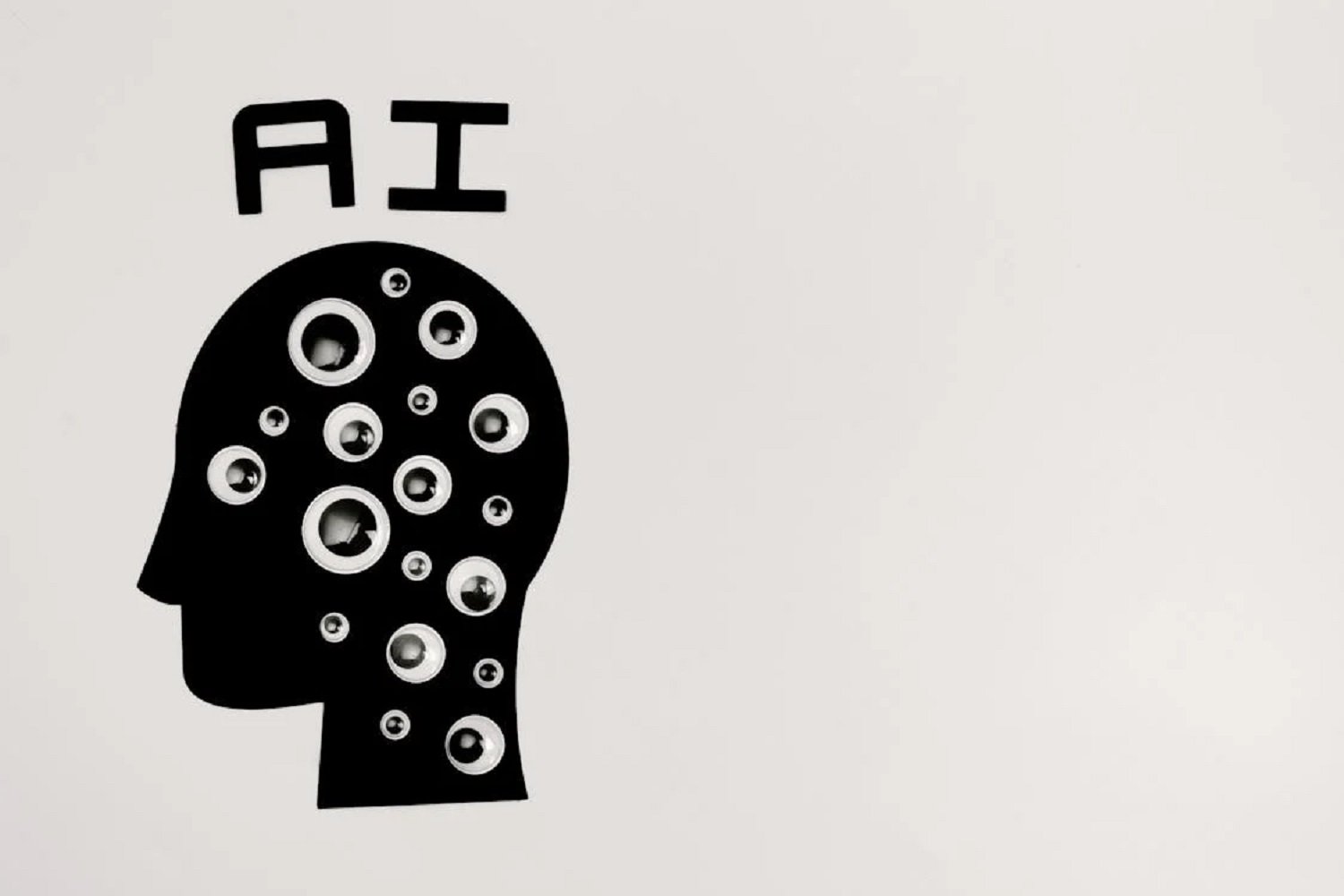How AI impacts digital marketing
In today’s digital world, staying ahead in marketing means you need to keep up with the latest tech gizmos. Artificial Intelligence (AI) isn’t just that elusive Bigfoot anymore—it’s now the superhero in the digital marketing comic strip. By taking over mundane chore lists and turning into Sherlock Holmes on steroids with customer data, AI is flipping the script on how we buddy up with our audiences.
Imagine having a crystal ball that tells you what customers want before they even know it themselves! AI tools are like data ninjas, slicing through mountains of info to uncover patterns and trends, making your marketing strategies so sharp, they might just cut bread. This not only saves you a ton of time but also turns your marketing campaigns into world-dominating robots of awesomeness.
Moreover, artificial intelligence is enhancing the precision of personalisation to unprecedented levels. By utilising machine learning algorithms, one can deliver highly targeted content that aligns with the preferences of individual users. This results in increased engagement rates and, consequently, improved conversion rates. As artificial intelligence continues to progress, its influence on digital marketing will expand, rendering it an essential tool for any knowledgeable marketer.
What is AI in digital marketing

Photo by: Tara Winstead from pexels.com
The impact of artificial intelligence on digital marketing is undeniable. By taking over repetitive tasks and giving deep insights into customer behaviour, AI makes things run smoother and boosts personalisation. Tools like chatbots and advanced data analytics change how we interact with customers by giving instant replies and tailored experiences. But we can’t forget about privacy concerns and making sure AI is fair, which is crucial for ethical use. Clear privacy policies and ways to reduce bias are key to earning your audience’s trust. Using AI in digital marketing not only ramps up efficiency but also lifts customer satisfaction and engagement, setting your brand up for long-term success.
Exploring the role of AI in digital marketing
Enhancing customer interaction and service
AI transforms customer interaction in digital marketing. Smart automation ensures continuous customer support. Personalised experiences tailor individual customer interactions. AI-driven tools like chatbots can handle routine inquiries, provide recommendations, and facilitate transactions in real time. These systems not only increase operational efficiency but also collect valuable customer data. This data grants businesses deeper insights into consumer needs, refining their marketing strategies.
Revolutionising content generation and management
AI is changing the game in content creation by spotting trends and whipping up relevant stuff. Using machine learning, it can churn out human-like text from templates. These AI tools can craft catchy social media posts, personalised email subjects, and engaging web content. Predictive analytics help create content that clicks with your audience, boosting engagement and conversions. Automating content creation with AI means you get more done and keep your marketing on point and efficient.
Key AI technologies transforming digital marketing
Chatbots and conversational interfaces
Artificial intelligence-powered chatbots furnish immediate responses to customer inquiries, thereby augmenting your digital marketing strategy. These conversational interfaces manage routine tasks, allowing your team to focus on more complex issues. Employing machine learning algorithms, chatbots comprehend and respond accurately, offering recommendations and facilitating transactions. Additionally, chatbots collect valuable customer data, providing insights to enhance your marketing initiatives.
Advanced data analytics and customer segmentation
AI makes advanced data analytics a breeze, letting you sift through tons of data in no time. This helps you break down your audience into clear-cut groups based on how they act. With accurate segmentation, you can launch targeted marketing campaigns that hit home and boost engagement and conversion rates. AI looks at past interactions and predicts what people might do next, so you can tweak your strategy just right.
AI-driven personalisation and predictive modelling
AI drives personalisation by analysing user data to deliver tailored experiences. By leveraging predictive modelling, AI forecasts customer needs and preferences, helping you create relevant content and offers. These insights improve customer satisfaction and loyalty, as users receive personalised recommendations. AI’s ability to predict trends and consumer behaviour ensures your digital marketing strategies stay ahead of the curve.
Benefits of AI in digital marketing

Photo by: Michelangelo Buonarroti from pexels.com
Improving user experience and engagement
Artificial Intelligence makes user experiences better by personalising interactions. For instance, AI algorithms check out your browsing habits, what you’ve bought before, and what you like. E-commerce sites then use this info to recommend products that match your style, making you happier and more interested. Plus, AI chatbots reply to your questions right away, giving you constant support and making your experience smoother. This level of personalisation helps strengthen customer bonds.
Increasing campaign efficiency and ROI
AI is shaking things up for marketing by automating a bunch of the work. Machine Learning (ML) digs through old campaign data, customer behaviours, and market trends to nail down the best strategies. With AI tools, you can handle stuff like breaking your audience into segments, adjusting content, and planning schedules, all on autopilot. This automation hikes up conversion rates and amps up your return on investment. Look at Google Ads, for instance—their AI fine-tunes where your ads show up and how much you’re bidding, making your campaigns run smoother.
Streamlining marketing operations
AI and ML technologies enhance operational efficiency in marketing by automating labour-intensive tasks. Automated data analysis enables rapid and precise consumer insights, thereby reallocating resources to more strategic activities. AI tools are capable of executing tasks such as customer segmentation, content curation, and campaign management. This automation minimises manual workload, augments productivity, and facilitates a more effective distribution of resources. As a result, streamlined operations culminate in improved marketing performance and expedited attainment of marketing objectives.
Challenges and ethical considerations of AI in digital marketing

Photo by: Matheus Bertelli from pexels.com
Addressing privacy concerns and data security
AI’s role in digital marketing hinges on data. It’s super important to realise that gathering and analysing user data brings up some big privacy concerns. People are now more than ever asking for clarity on how their data is being used. Messing up with their data or having breaches can hurt your brand’s image and might slap you with serious legal issues thanks to rules like GDPR.
Keeping data secure is a must. Using encryption and secure servers is key for protecting sensitive info. Being clear with privacy policies and getting clear user consent is crucial for building trust. Plus, doing regular check-ups to make sure you’re following data protection laws is a good idea.
Mitigating bias and ensuring fairness
AI algorithms often reflect biases present in the training data. You might face challenges in ensuring that your marketing strategies are fair and unbiased. Biased algorithms can lead to discrimination, undermining your efforts and causing reputational harm.
Actively work to identify and correct biases in AI systems. Training AI on diverse datasets helps mitigate these issues. Monitoring AI decisions regularly can reveal any emerging biases. Moreover, incorporating fairness into your AI development process, such as using fairness-aware algorithms, helps ensure equitable outcomes.
Addressing privacy concerns, ensuring data security, and mitigating bias is crucial for ethical AI implementation in digital marketing. By taking these steps, you’ll build trust with your audience and enhance the effectiveness of your digital marketing efforts.
You can also check out the impact of artificial intelligence on various industries. Artificial Intelligence (AI) is not confined to futuristic paradigms; it serves as a transformative force currently reshaping myriad sectors worldwide. Ranging from retail to healthcare, the potent capabilities of AI are optimising workflows, anchoring digital objectives, and hastening automation. But what precisely constitutes the impact of AI across diverse sectors? Let us probe this compelling topic.


